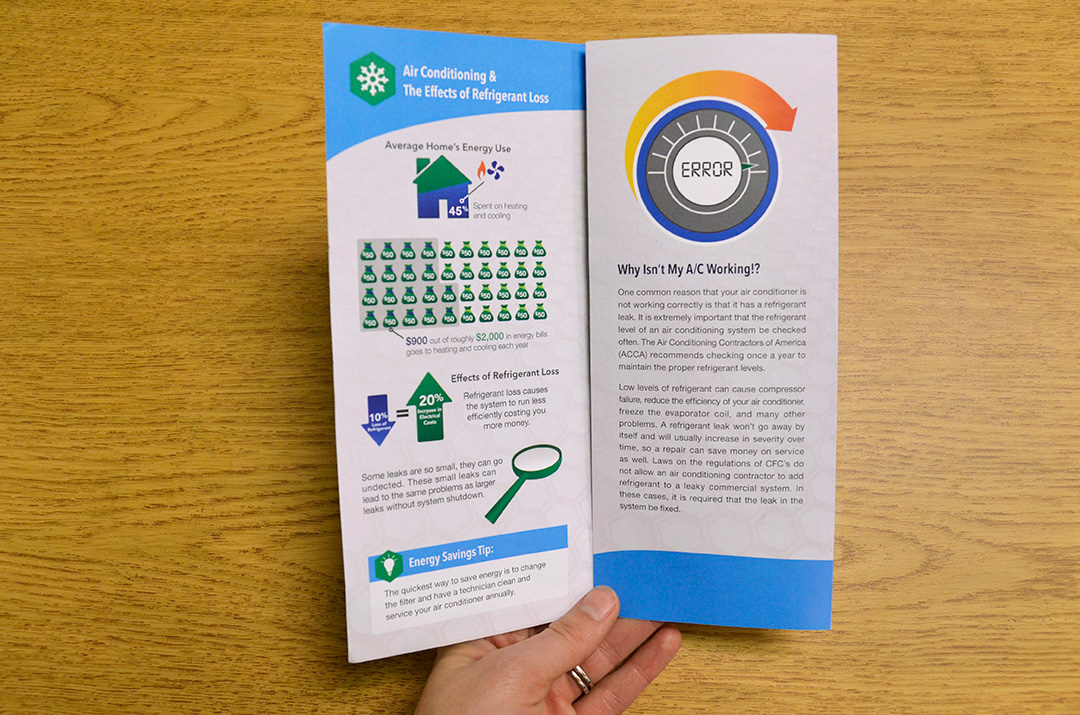The Future Of Home Home Heating - Just How Heatpump Technology Is Developing
The Future Of Home Home Heating - Just How Heatpump Technology Is Developing
Blog Article
Material Composed By-Rosenthal Stack
Heat pumps will be a crucial modern technology for decarbonising home heating. In a situation constant with federal governments' revealed power and climate dedications, their global capability increases by 2030, while their share in home heating rises to one-quarter.
They work best in well-insulated homes and rely upon electrical power, which can be provided from a sustainable power grid. Technical developments are making them extra effective, smarter and more affordable.
Gas Cells
Heat pumps make use of a compressor, refrigerant, coils and followers to relocate the air and heat in homes and appliances. Read the Full Write-up can be powered by solar energy or electrical power from the grid. They have actually been gaining appeal due to their low cost, silent operation and the capability to create electrical energy during peak power need.
Some companies, like IdaTech and BG MicroGen, are working on fuel cells for home heating. These microgenerators can change a gas central heating boiler and create several of a house's electric demands with a connection to the electrical energy grid for the rest.
But there are reasons to be unconvinced of using hydrogen for home heating, Rosenow states. It would be pricey and inefficient contrasted to various other innovations, and it would include in carbon emissions.
Smart and Connected Technologies
Smart home technology permits home owners to link and control their gadgets remotely with using mobile phone applications. For instance, smart thermostats can learn your heating choices and immediately get used to maximize power usage. Smart lights systems can be controlled with voice commands and immediately turn off lights when you leave the space, minimizing power waste. And clever plugs can keep track of and handle your electrical usage, permitting you to determine and restrict energy-hungry devices.
The tech-savvy home illustrated in Carina's meeting is a great picture of just how occupants reconfigure space home heating practices in the light of brand-new wise home technologies. They rely upon the devices' automated features to accomplish day-to-day modifications and regard them as a hassle-free ways of performing their heating techniques. Thus, they see no reason to adjust their methods additionally in order to allow flexibility in their home power need, and treatments aiming at doing so might encounter resistance from these households.
Electrical power
Considering that warming homes represent 13% of US emissions, a switch to cleaner choices could make a huge difference. But the modern technology deals with difficulties: It's expensive and requires comprehensive home remodellings. And it's not constantly compatible with renewable resource sources, such as solar and wind.
Up until recently, just click the following document were also expensive to compete with gas models in the majority of markets. Yet new developments in style and products are making them more economical. And much better chilly environment performance is allowing them to work well also in subzero temperatures.
The following action in decarbonising home heating might be using warm networks, which attract warmth from a central source, such as a neighboring river or sea inlet, and disperse it to a network of homes or structures. That would certainly minimize carbon exhausts and allow houses to capitalize on renewable resource, such as eco-friendly electrical power from a grid supplied by renewables. This option would certainly be much less pricey than switching over to hydrogen, a fossil fuel that requires brand-new infrastructure and would just decrease carbon dioxide emissions by 5 percent if paired with enhanced home insulation.
Renewable Energy
As electrical power prices go down, we're starting to see the same fad in home heating that has actually driven electric cars into the mainstream-- yet at an even much faster pace. The strong environment situation for impressive homes has actually been pressed additionally by new research study.
Renewables make up a significant share of modern-day warmth consumption, yet have actually been given limited policy focus worldwide contrasted to other end-use fields-- and even less interest than electricity has. Partly, this mirrors a mix of customer inertia, divided motivations and, in lots of nations, subsidies for fossil fuels.
New innovations can make the shift much easier. For example, heatpump can be made a lot more power efficient by changing old R-22 refrigerants with new ones that don't have the high GWPs of their precursors. Some experts likewise imagine district systems that attract heat from a neighboring river or sea inlet, like a Norwegian fjord. The warm water can then be utilized for cooling and heating in a community.